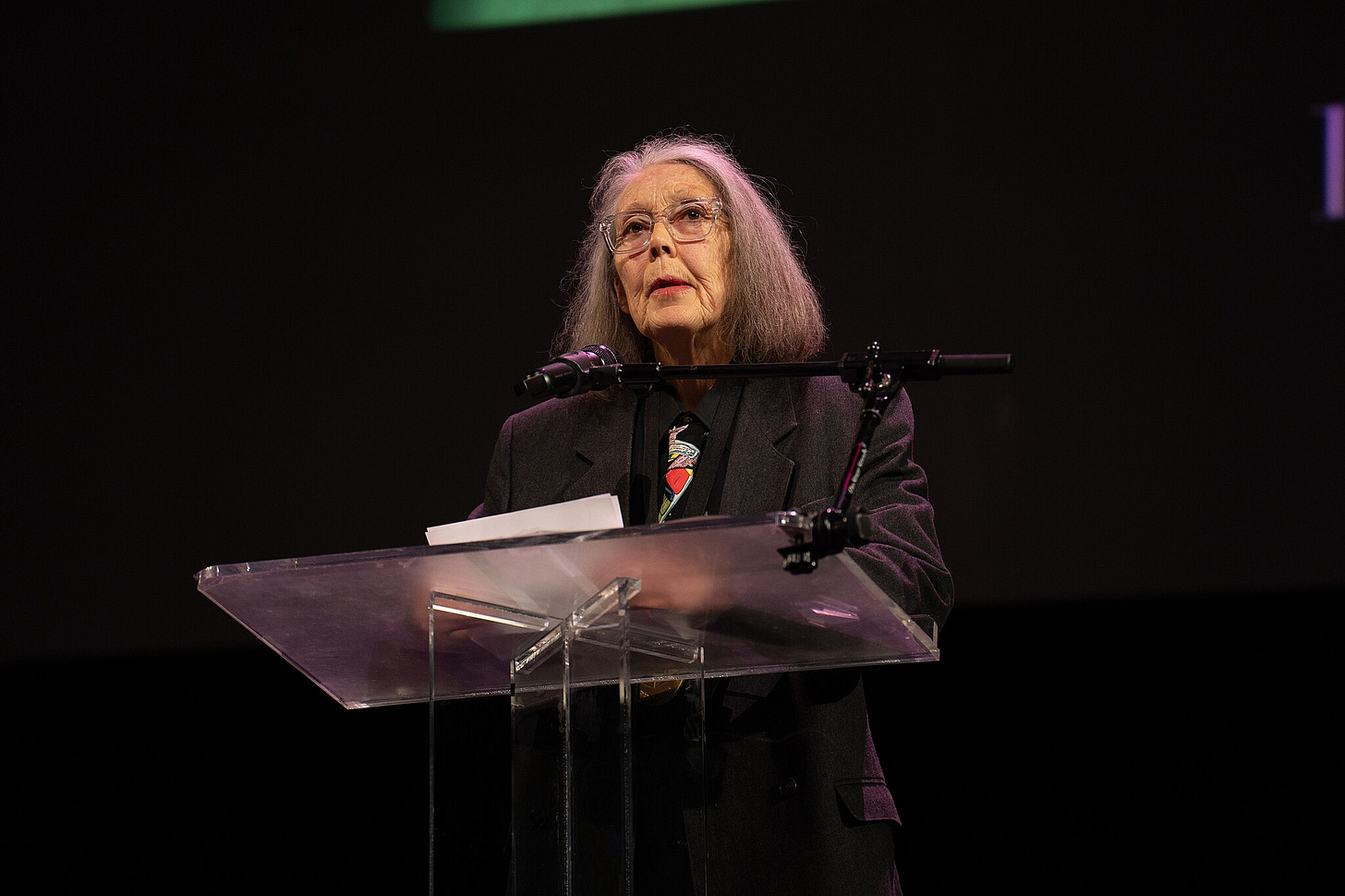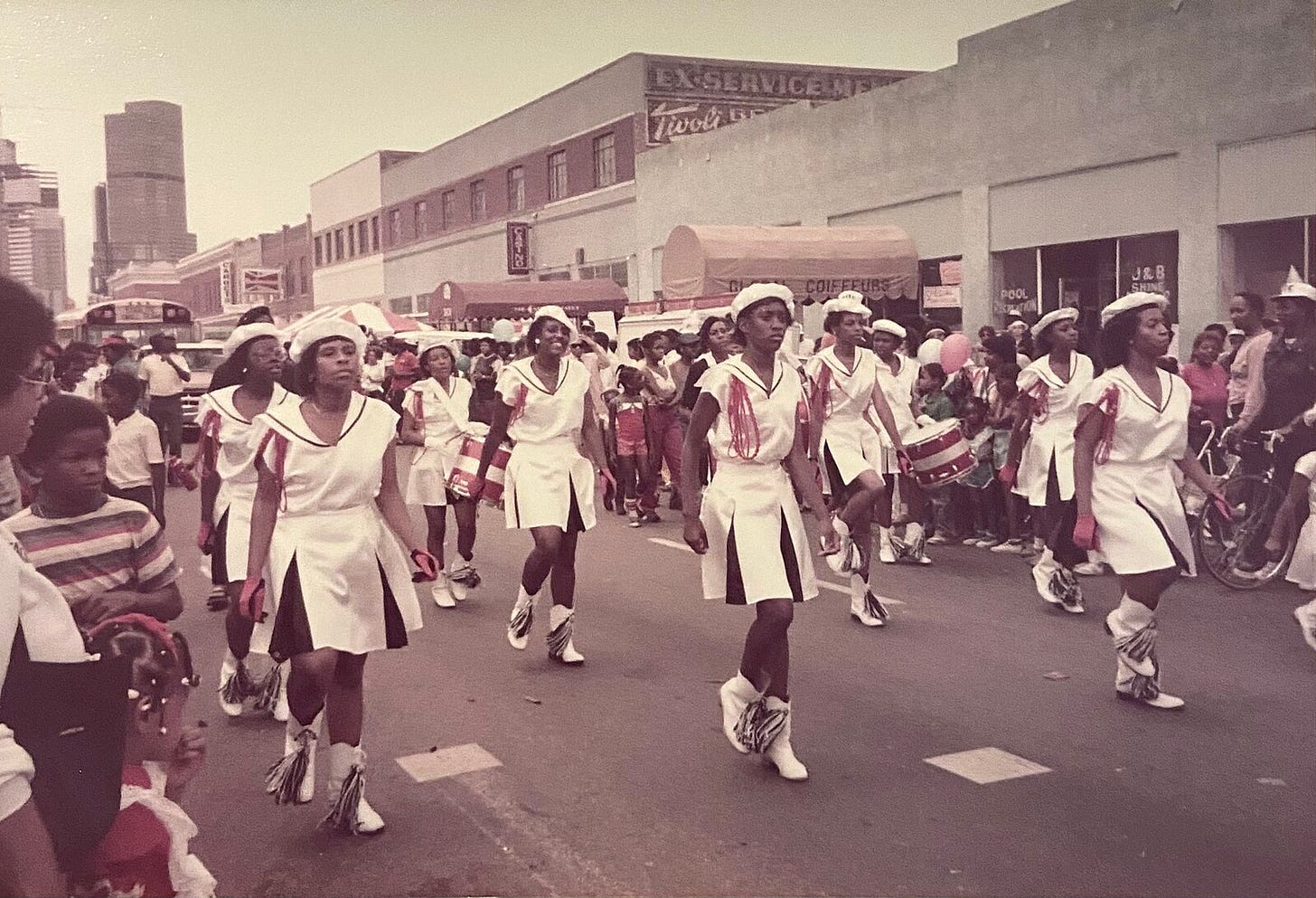Summertime Sadness
Mental health, Juneteenth, Anne Carson, and the summer solstice
Timeless stories from our 175-year archive handpicked to add context to the news of the day.
Disordered Life
In our July issue, Andrew Kay reports from the Annual OCD Conference to investigate OCD’s grip on contemporary life. “OCD, which swarms people with distressing thoughts and drives them to seek relief in life-consuming rituals, is an isolating and often secret condition; it is not, generally speaking, a thing one puts in a Hinge profile or drops over daiquiris,” writes Kay. “But this weekend, we are repeatedly reminded, is about ‘shattering the stigma.’”
In December 2021, Naomi Jackson wrote about being diagnosed with bipolar disorder. “One of the patient-care associates … asked me whether I was a frequent flier at the hospital, whether I’d been there before. I didn’t know until that moment that I looked deranged to people outside my family. Finally, I had a sense of how far gone I was,” Jackson writes. “I think I frowned and shook my head no, but it’s possible that I didn’t say anything. At last, I understood the line that ends an Edwidge Danticat story: ‘Shame is heavier than a hundred bags of salt.’”
The Legacy of Juneteenth
[June 2014]
“The states of the former Confederacy had begun chipping away at the rights of black people almost immediately after emancipation. In 1883 the Supreme Court ruled that the Civil Rights Act of 1875, which granted African Americans ‘full and equal enjoyment’ of public accommodations, was unconstitutional because it supposedly exceeded the new powers granted the federal government by the Fourteenth Amendment.”
Read “The Civil Rights Act’s Unsung Victory” by Randall Kennedy
[July 2016]
Freddie Gray and the makings of an American uprising.
Read “The City That Bleeds” by Lawrence Jackson
[February 2018]
Lincoln’s private thoughts on fate, failure, slavery, and belief.
Read “Notes to Self” by Ronald C. White
[April 2020]
“For me, someone who was beginning to move on from Marxism to what would later be called Afropessimism, the session was instructive because I was able to see and feel how comforting it was for a room full of black people to move from a discussion of the spectacle of police violence to the banality of microaggressions at work and in the classroom, to the experiences of chattel slavery—as if the time and intensity of all three were the same.”
Read a selection from Frank B. Wilderson III’s Afropessimism
[July 2021]
“American conservatives, traditionally attracted to history as an exercise in patrimonial devotion, have in the time of Trump abandoned many of their older pieties, instead oscillating between incoherence and outright nihilism. Liberals, meanwhile, seem to expect more from the past than ever before. Leaving behind the End of History, we have arrived at something like History as End.”
Read “History As End” by Matthew Karp
[May 2025]
From Runagate, a collection of poems that draw on archival records of chattel slavery.
Read the poem
Dog Days

[May 1863]
“We sat together, you and I,
That evening in the month of June,
Beneath the porch; the deep-blue sky
Held the sharp crescent of the moon”
Read “A summer night” by N. G. Shepherd
[October 1878]
“In high summer, as everyone knows, aristocratic New York, to a woman, goes out of town.”
Read “New York in Summer” by Charles Carroll
[October 1941]
“Summertime; oh summertime; pattern of life indelible, the fadeproof lake; the woods unshatterable, the pasture with the sweetfern and the juniper forever and ever, summer without end.”
Read “One Man’s Meat” by E. B. White
[October 1989]
“I'm looking for summer but I can't find how or where it begins. Is it a prick of light, the spark from a horseshoe striking rock as I ride into the mountains? Can it be found in the green eruption of a leaf?”
Read “A Season of Portents” by Gretel Ehrlich
Anne Carson in the Archive

[February 2013]
“Time has no gaze. Time as perseverance. Time as hunger. Time in a natural way. Time when you were six the day a mountain. Mountain time. Time I don’t remember.”
Read the poem
[January 2016]
“How blue are Washington’s eyes and what a good thing it is. Like sudden oceans. Like the shadow at the back of each wave after the fresh collapse. Blue as blue lane lines on the bottom of a blue swimming pool. Blue as the Atlantic at 30,000 feet. Blue as a Chinese winter dawn, blue as an Ohio summer dusk, blue as crows in the sun. Blue as distance. Gatorade blue, Alice blue, salt-lick blue, satellite blue. Satellites aren’t blue. I go too far with analogies.”
Read the story
[February 2019]
“The aunts run the den. Foxes are pretty animals. They enjoy being pretty animals. This creates a poise that is easily mistaken for judicial distance. But does it really matter who makes the decisions? As long as somebody does.”
Read “Fox”










